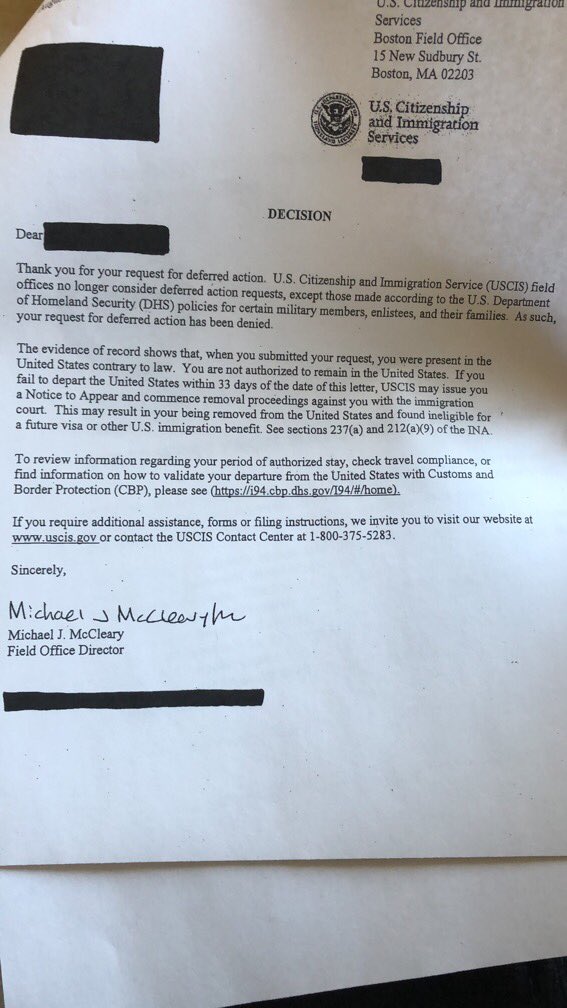Trump
Reportedly Moving to Deport Kids With Cancer, HIV, and Other Deadly Illnesses
 The Trump administration has reportedly ended a program which
allowed immigrants with serious illnesses to temporarily remain in the U.S., a
move by the White House that rights advocates decried as "a death sentence" for children
receiving treatment for cancer, HIV, and other life-threatening diseases.
The Trump administration has reportedly ended a program which
allowed immigrants with serious illnesses to temporarily remain in the U.S., a
move by the White House that rights advocates decried as "a death sentence" for children
receiving treatment for cancer, HIV, and other life-threatening diseases.
Reporting from local NPR affiliate WBUR said
the "medical deferred action" program permitted immigrants to stay in
the U.S. for two-year periods if they could demonstrate "extreme medical
need."
"Many of the people affected by the policy change came to the U.S. through a visa or other permitted status and are requesting to stay beyond those terms to receive medical treatment," WBUR reported Monday.
Immigrants living and receiving medical care in Massachusetts
learned of the Trump administration's policy change when they received letters
from U.S. Citizenship and Immigration Services earlier this month warning them
they will be deported if they don't leave the country in 33 days.
According to CommonWealth Magazine,
the immigrants facing deportation include children with "children with
cancer, cystic fibrosis, HIV, and other illnesses."
Ronnie Millar, executive director of the Irish International Immigrant Center, which represents immigrants affected by the change, called the Trump administration's move "inhumane and unjust" in an interview with CommonWealth Magazine.
During a press conference on Monday, Sen. Ed Markey
(D-Mass.) blasted the Trump administration's
"inhumanity" and characterized the change in policy as an effort to
"terrorize sick kids with cancer who are literally fighting for their
lives."
"This is a new low for Trump," said Markey. "The
administration is now literally deporting kids with cancer."
The ACLU of Massachusetts vowed to take legal action to stop the
Trump administration's latest attack on immigrants.
"We will take this fight to the courts," said Carol Rose, executive director of
ACLU Massachusetts.
"Lawyers are analyzing options right now."
"Lawyers are analyzing options right now."